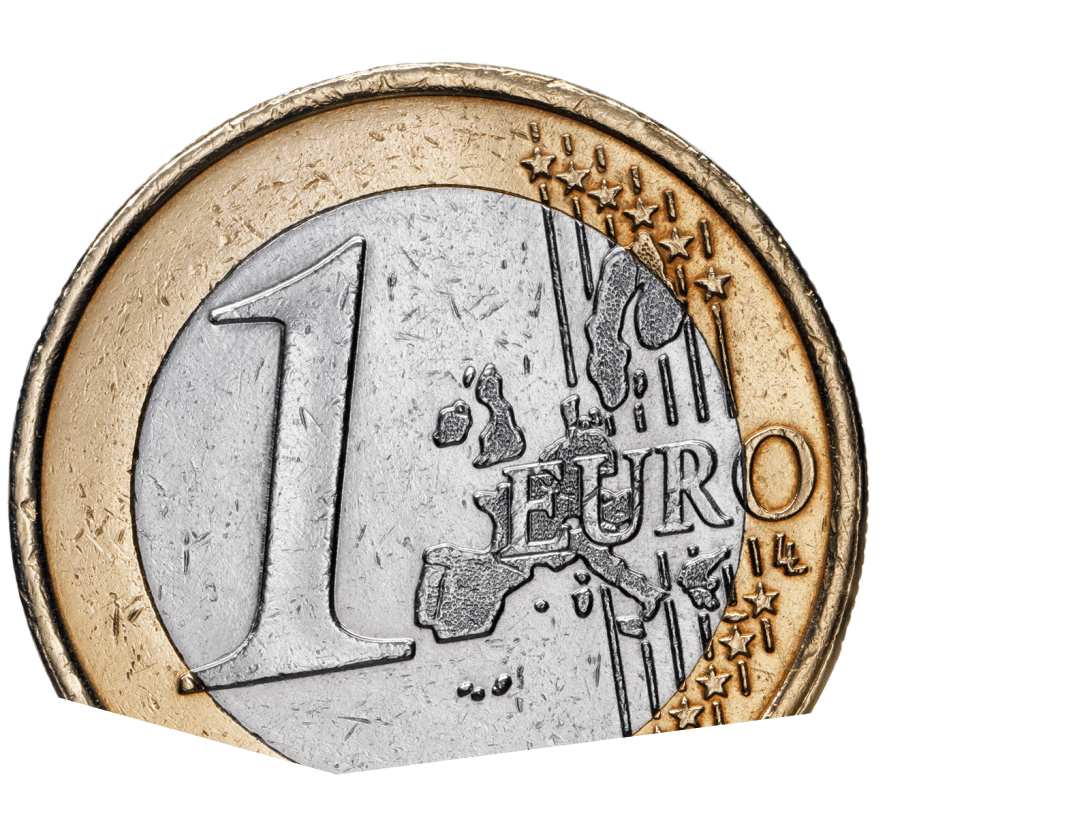The best way for children to learn how to manage their finances is through their pocket money. Learning to manage small amounts is good practice for spending money wisely when they are older. Learn how to teach your children to be responsible with their money and find out how much pocket money is appropriate at what age.
Managing your money: how much pocket money is appropriate?
The German Youth Institute has published a table with recommended amounts of pocket money for children and young adults. For example, it suggests that primary school children should get around €1.50 to €2.00 per week, and that 12-year-olds should be getting between €21.00 and €23.50 per month. But it’s not the amount of pocket money they get that’s important, but that they learn how to manage their money. Children learn the value of money by learning how to spend it wisely and learning how to save up for things they want. This means the amounts can be individually adjusted as needed.
Recommended pocket money
<6 years: €0.50 - €1.00 per week
6 years: €1.00 - €1.50 per week
7 years: €1.50 - €2.00 per week
8 years: €2.00 - €2.50 per week
9 years: €2.50 - €3.00 per week
10 years: €16.00 - €18.50 per month
11 years: €18.50 - €21.00 per month
12 years: €21.00 - €23.50 per month
13 years: €23.50 - €26.00 per month
14 years: €26.00 - €31.00 per month
15 years: €31.00 - €39.00 per month
16 years: €39.00 - €47.00 per month
17 years: €47.00 - €63.00 per month
≥18 years: €63.00 - €79.00 per month
How to explain the concept of money to your child
Even though people are sometimes uncomfortable discussing money, it’s nevertheless important for children to learn how to spend and save money wisely. It’s best to discuss the topic in everyday situations and explain the value of money in a fun way, when out shopping for example. As soon as children develop an understanding of numbers, they will also be able to understand the value of money. The time to talk about money depends on the personal development of the individual child.
Tips on how to manage money
Each child is different. And this includes how they manage their pocket money. Some are good at saving, others spend it as soon as they get it. If your child has difficulty managing money, help them by keeping a small book of household accounts together. You can teach your child to make a note of the items you spend money on.
Opening a children’s bank account
As soon as children learn to manage their own money, it may make sense to open a kid’s bank account for them. Banks generally offer these kinds of account for children aged seven or above. Such accounts cannot be overdrawn, and parents are legally and financially responsible for them until the children are 18. Read more here in our blog post about children’s bank accounts.
Conclusion
With the right approach and an appropriate amount of pocket money, children can learn how to manage their money responsibly. Introduce the topic of money into everyday conversations and help your child learn how to save and manage their money. A children’s account can help your child gain their first experience of managing their own finances.

